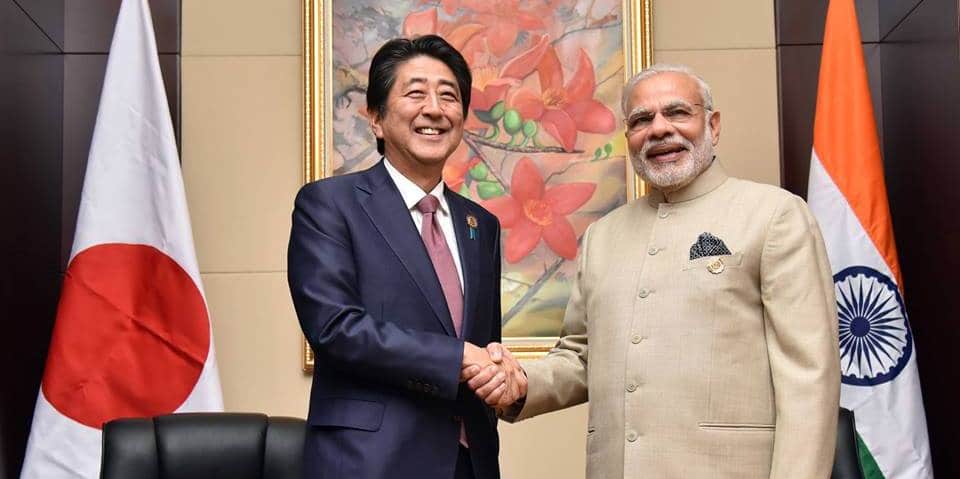Japan is set to relax its visa norms for Indians from Jan. 1, 2018. The simplified visa regime will have multiple-entry visa for short term stay, which will benefit tourists, businessmen and repeat visitors, the Japanese embassy said on Nov. 14.
For a multiple-entry visa, the applicant’s employment certificate and a letter stating the reason for visit will be exempted. The extraneous processes and visa application documents will be simplified, and the umbrella of eligible applicants will also be widened.
Applicants would be able to apply for multiple-entry visa with passport visa application form (with photo) and papers to prove the financial capability (for tourism purpose) or documents to prove the applicant’s affiliation to certain enterprises (for business purpose), according to Japanese Foreign Ministry release issued by the embassy.
Applicants with travel records to Japan twice or more in the last one year will be eligible for multiple-entry visas with a validity of five years and stay of 90 days maximum. For this, the eligible applicants will only have to submit passports and visa application form.
“The relaxations are expected to help further development of people-to-people exchanges between Japan and India by enhancing convenience for Indian tourists and business persons as well as repeat visitors,” the statement said.
This move comes after Japan relaxed norms for single-entry visa for Indian students in February this year. Indian students, graduate students and alumni of universities in India now have to submit certificate of student status or graduation, as opposed to the earlier requirement of submission of document to prove financial capability in the application for single-entry visa for short-term stay.
Japanese Prime Minister Shinzo Abe and Indian Prime Minister Narendra Modi discussed promotion of India-Japan ties in their meeting during the 31st ASEAN summit on Nov. 14.
Abe emphasized his commitment by stating that he would make the visa procedures for Indians simpler by Jan. 1, 2018. Abe and Modi also discussed ways to come together to deal with regional threats like missile and nuclear programs of the Democratic People’s Republic of Korea, by carrying out UN sanctions. Discussions were also held on India’s purchase of Japanese US-2 amphibious aircraft used in search and rescue activities, and railway development.
